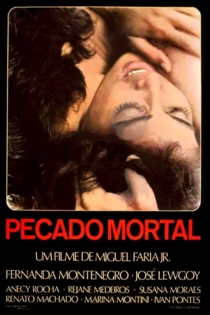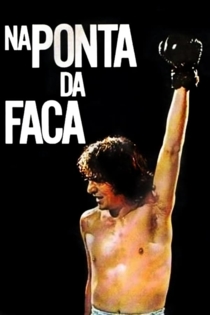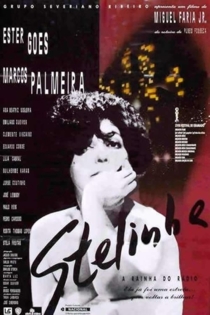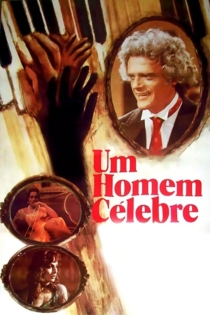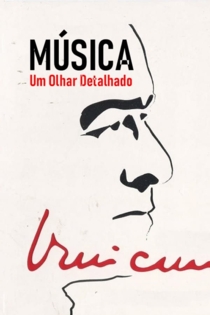
Miguel Faria Jr.
1944 (81 год)From Wikipedia, the free encyclopedia
Vinicius
Miguel Faria Jr.
Vinicius de Moraes, Camila Morgado
To celebrate the life and the work of a multifaceted creator – playwright, poet, partner of the most important names of Brazilian pop music and, above all, an enlightened character of the Brazilian cultural history - director Miguel Faria Jr. gathered an incomparable cast of partners, singers, friends and rare images from the archives recalling Vinícius’ genial simplicity, with the spontaneity, the humor, and the freedom of a person chatting over a bar table, exactly how the eternal Vinícius would enjoy.
Vinicius de Moraes
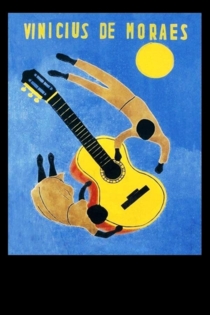
Chico - Artista Brasileiro
Miguel Faria Jr.
Chico Buarque, Marília Pêra
Chico Buarque is a constant presence in Brazil's art scene and makes up its citizen's popular culture. This wealth in music, poems, theater and novels has been created over the last 50 years and in this film Chico Buarque converses about his memories, shows, daily life, work methods, creative process, in summary all his trajectory. The musician’s search for his German brother, whom he never got to meet, serves as one of the axis for the narrative.
Chico - Brazilian Artist

Babenco - Alguém Tem que Ouvir o Coração e Dizer: Parou
Bárbara Paz
Héctor Babenco, Willem Dafoe
Besieged by cancer and nearing the end, the genius Argentine-Brazilian filmmaker Héctor Babenco (1946-2016) asks Bárbara Paz, his wife, for one last wish: to be the protagonist of his own death.
Babenco: Tell Me When I Die
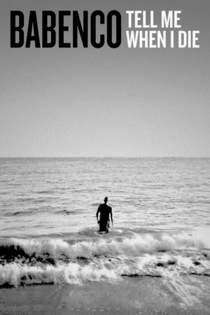
República dos Assassinos
Miguel Faria Jr.
Tarcísio Meira, Sandra Bréa
In 1970, the Esquadrão da Morte (Death Squad)' crimes for the refinement of violence provoked a wave of reactions throughout the country. The photos of the victims, adorned by the skull, symbol of the group, caused an uncomfortable indignation. This is the story of Mateus Romeiro, the most famous of the policemen, who was part of the Homens de Aço (Steelmen) group, one of the factions in which the squadron was divided.
República dos Assassinos

Pedro Diabo Ama Rosa Meia Noite
Miguel Faria Jr.
Paulo César Peréio, Suzana de Moraes
Unhappy with what he'd got from life, Pedro Diabo becomes a dread outlaw, whom the police is looking for. In his life of crime, he has the love and support of a strange woman, Rosa Meia-Noite, chorus girl who likes to wear rich costumes in Carnival Balls.
Pedro Diabo Loves Rosa Meia Noite
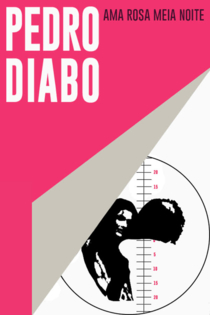
Para Viver Um Grande Amor
Miguel Faria Jr.
Djavan, Patricia Pillar
Poor people who live in the slums in Rio de Janeiro decide to occupy an empty apartment building in the rich part of the city. Meanwhile, a rich girl falls in love with a poor composer. Based on the musical play "Pobre Menina Rica", by Vinícius de Moraes and Carlos Lyra.
Para Viver Um Grande Amor

Pecado Mortal
Miguel Faria Jr.
Fernanda Montenegro, José Lewgoy
The eccentric members of a wealthy Brazilian family each go through personal torment, debauchery and intense guilt in this symbolic and gory film. The father has made a fortune in the slaughterhouse business and ignores the feelings of his wife and his workers. He frequents a mulatto woman, who is always seen naked. His daughter and her friend act on their lesbian fantasies before her friend marries her brother. An elderly aunt seduces the brother before she drowns herself in the swimming pool. His lesbian sister shoots the girl, and the boy incestuously attacks his mother. When the mother threatens to leave, the father begs for her to stay and continue the hollow charade of their marriage for the sake of social appearances. The father grovels before his mistress after his daughter slashes her wrists. Any comparison between this dysfunctional family, the Manson family, and Shelley Winters' sick Barker brood in Bloody Mama is all an unfortunate artistic coincidence.
Mortal Sin
